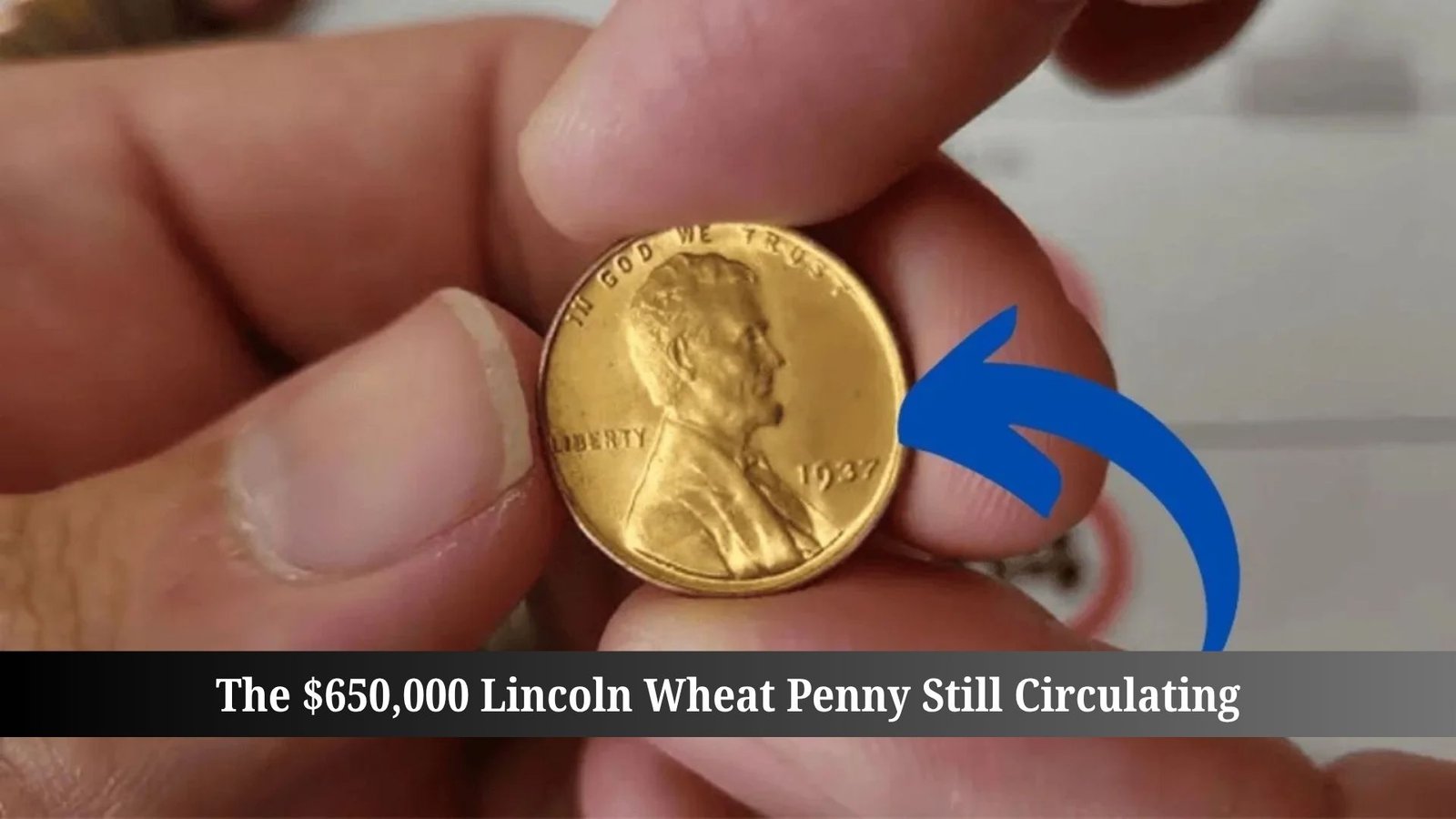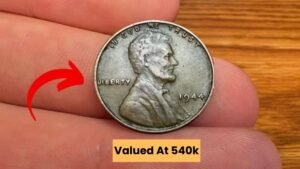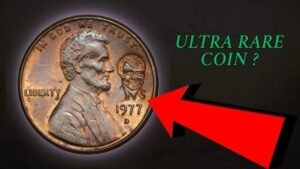Imagine pulling a dusty penny from your jeans and realizing it’s worth more than your dream vacation. That’s the wild reality of the Lincoln Wheat Penny – a humble coin from over 80 years ago now valued at up to $650,000.
For coin hobbyists and everyday folks alike, this numismatic treasure proves rare coins can hide in plain sight. Stick around, and you’ll learn its backstory, why it’s priceless, and tips to check your own stash.
What is the Lincoln Wheat Penny?
The Lincoln Wheat Penny is a classic U.S. one-cent coin minted from 1909 to 1958. It features President Abraham Lincoln’s profile on the front and two wheat stalks on the back – hence the “Wheat” nickname. Most are common, but errors make some ultra-rare. Think of it as the everyday hero of rare coins that turned legendary.
The Origins of This Iconic Coin
Born in 1909 to honor Lincoln’s centennial, this penny was designed by Victor David Brenner. The wheat reverse symbolized prosperity. During WWII, copper shortages led to steel versions in 1943. But a handful of copper ones slipped through – those are the stars. Over 50 years, billions circulated, blending history with everyday use.
Why It’s a Numismatic Jackpot Today
In today’s collector world, the 1943 copper Lincoln Wheat Penny shines brightest. Valued at $650,000 or more due to its wartime rarity, it’s a must-have for numismatists. With only about 20 known examples, demand skyrockets at auctions. Owning one isn’t just collecting – it’s holding a piece of American resilience.
Hunt for Valuable Pennies in Your Change
You don’t need a metal detector to join the fun. Start by scanning pocket change for wheat designs – pre-1959 dates. Focus on 1943: if it’s copper (not silver-steel), jackpot! Use a magnet test: steel sticks, copper doesn’t. Apps like CoinSnap help verify. Turn your spare change into a hobby and maybe a windfall.
| Rare Lincoln Wheat Penny Variants | Key Feature | Estimated Value (MS-65 Condition) |
|---|---|---|
| 1909-S VDB | Designer’s initials | $1,500 – $50,000 |
| 1914-D | Low mintage | $150 – $3,000 |
| 1943 Copper (Philadelphia) | Wartime error | $100,000 – $650,000 |
| 1955 Doubled Die | Obvious doubling | $1,000 – $25,000 |
Mind-Blowing Facts and Auction Wins
Did you know only 13-20 of the 1943 copper pennies exist? One sold for $1.7 million in 2010. Another fetched $840,000 recently, proving values climb. Fun stat: Over 100 billion Wheat Pennies were made, but errors like the copper one make headlines in the rare coins scene.
| Top Auction Records for Lincoln Wheat Pennies | Year Sold | Sale Price | Buyer Note |
|---|---|---|---|
| 1943-D Copper | 2010 | $1.7M | Private collector |
| 1943-S Copper | 2021 | $1.05M | Heritage Auctions |
| 1909-S VDB | 2018 | $228K | Record for variety |
| 1955 Doubled Die | 2009 | $125K | High-grade example |
Pro Tips from Coin Experts
Store finds in soft cloths – no cleaning, as it drops value. Join clubs like the American Numismatic Association for swaps. Grade via PCGS for authenticity. Start small: buy a roll of cents weekly. Remember, patience pays – many fortunes started with curiosity.
Frequently Asked Questions
Is the $650,000 Lincoln Wheat Penny real?
Yes! The 1943 copper version hits that mark in good condition, with higher grades soaring past.
How do I know if my penny is rare?
Check date, metal, and errors. Copper 1943? Get it appraised fast.
Are other Wheat Pennies valuable?
Absolutely – key dates like 1914-D can fetch thousands in the numismatic market.
Where to sell a rare coin?
Try Heritage Auctions or local dealers for top dollar.
Can kids collect these?
Sure! It’s a fun, educational hobby that teaches history and value.
Conclusion
In a world of digital dollars, the Lincoln Wheat Penny reminds us treasures lurk in the ordinary. Valued at $650,000 and still circulating, it sparks joy for rare coins lovers. Grab your magnifier, check that jar, and dive into numismatics. Who knows – your next find could change everything. Share your stories below or explore more on valuable pennies!




